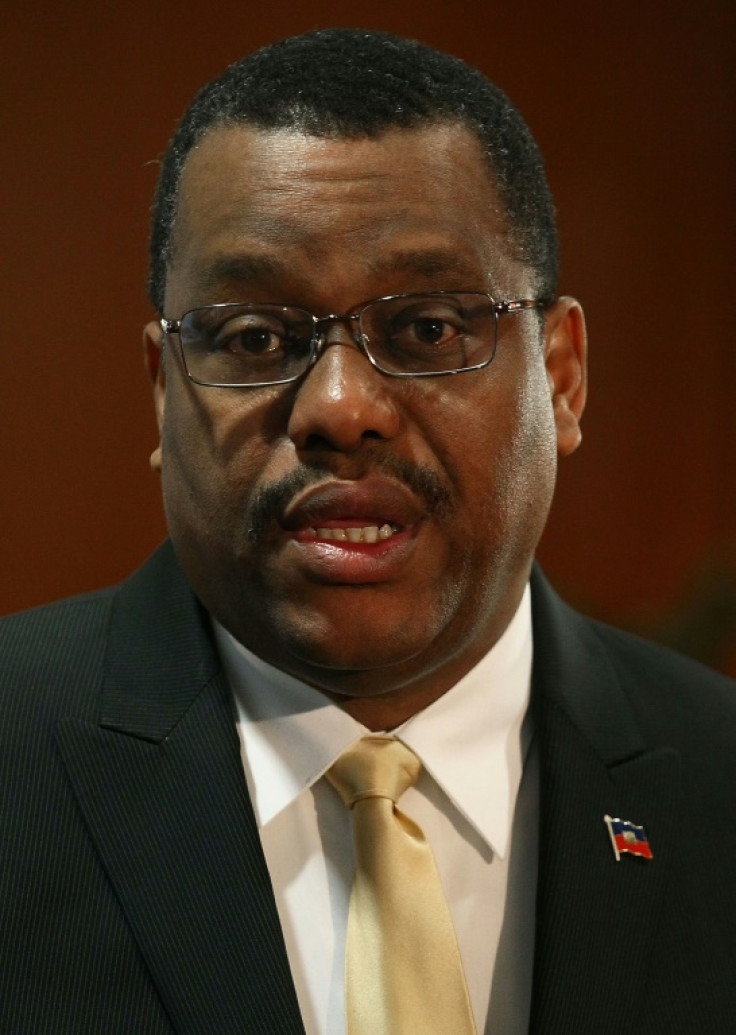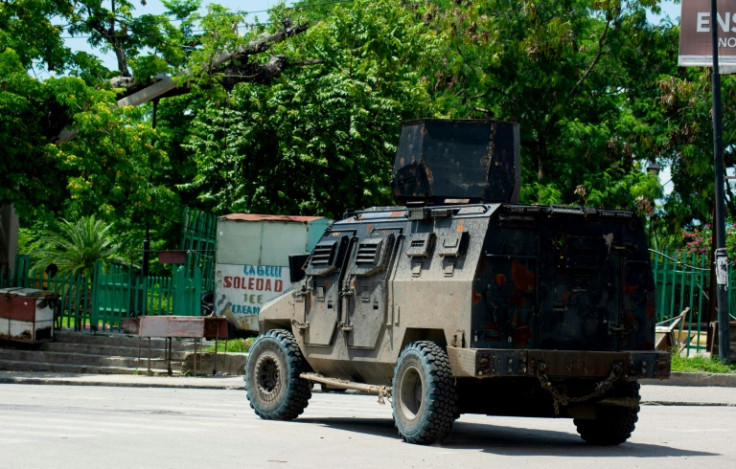
Ordinary Haitians expressed hope Thursday that the country's new interim leader can bring much-needed change to the violence-wracked nation, though the challenges facing the former UN official are staggering.
"I support all those who bring something positive to the country. Because I can't live. We hear gunfire every day," said merchant Mylove Similka, referring to the brutality by gangs that has upended life in the capital Port-au-Prince.
The appointment of Garry Conille as interim prime minister was formalized Thursday after official newspaper Le Moniteur published a decree from Haiti's transitional presidential council.
The panel tapped Conille on Tuesday after weeks of talks.
A medical doctor by training, Conille had served as the Caribbean country's premier for a short period in 2011-2012, and was until recently regional director for UN aid agency UNICEF.
The job before him is simply monumental: to relieve the political, security and humanitarian crises devastating the poorest country in the Western Hemisphere and to pave the way for the first elections since 2016.
"Garry Conille has his work cut out for him," anthropologist Vermont Saintyl said.
He stressed Conille's "responsibility to the nation because he is serving a presidential council which was not elected by the people, which was imposed by the international community."
Saintyl was referring to negotiations between Haitian officials and several countries and organizations, including the Caribbean Community, which resulted in the establishment of the transitional council following prime minister Ariel Henry's ouster by gangs that control 80 percent of the capital.
Port-au-Prince resident Nerette Celisca sees Conille as "an honest citizen" who will strive "to fight corruption in the country."
For teacher James Innocent, Conille "already has a lot of international experience."
"He must now fight to deliver our country" from chaos, he said.
The interim prime minister said on Wednesday he was "very honored" by his appointment and thanked local supporters and members of the diaspora who submitted his name.
"Together we will work toward a better future for all of our nation's children," he wrote in Creole on X.
The United States on Thursday welcomed Conille's appointment, urging him and the council "to act swiftly to nominate a credible, accountable, and inclusive government and Provisional Electoral Council to enable free and fair elections, and the provision of security and basic services for all Haitians."
Kenyan President William Ruto, whose country is to lead a multinational force to support the Haitian police against gangs, congratulated Conille, calling his appointment an important step.
The long-awaited force could be ready to deploy in about three weeks, Ruto recently told the BBC.
Haiti has not had a president since the assassination of Jovenel Moise in 2021.
The mandate of the transitional presidential council is due to end in February 2026 at the latest.









